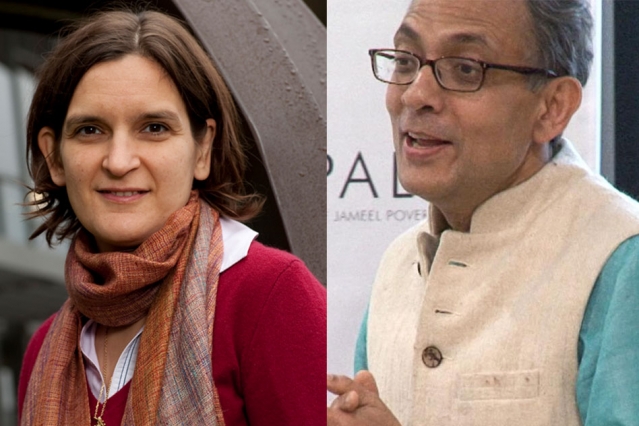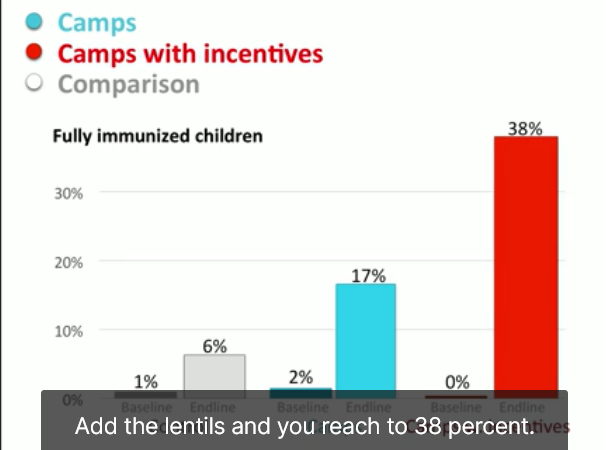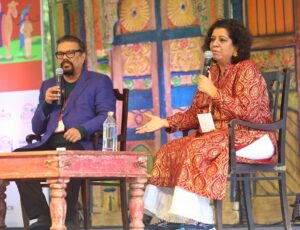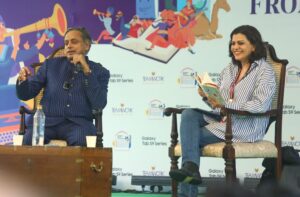Udaipur was home to Duflo’s Nobel-worthy experiments
3 min read
Esther Duflo, 46, a French by birth, became the youngest ever recipient of the Nobel in economics this Monday. She shared the coveted recognition with her spouse Abhijit Banerjee of Indian-origin and Michael Kremer, of the United States. The three laureates were praised by the jury for their outstanding work in alleviating poverty. Duflo and Banerjee are serving professors at the Massachusetts Institute of Technology (MIT), US.
Duflo has been pushing for social experiments to find out what moves people from the underprivileged social strata to avail the benefits of a welfare state. She along with Banerjee have successfully extrapolated tangible results based on the social experiments conducted in India and Africa to help remove the hurdles in way of aid to the poorest of the poor.

Part of their experiments, which were conducted on poor communities to record and understand their behavioural patterns, was conducted in Udaipur district of Rajasthan. In a Ted Talk, Duflo goes into great detail in explaining the benefits of incentivizing the targeted community to take up immunization of their children by positing multiple social experiments she and her team had carried out in different parts of Udaipur.
The surprising but simple solution to boost immunization was found in offering lentils to the parents who would arrive for the camp where the doctors were carrying out immunization. From her research carried out in Udaipur, Duflo deduced if immunization was made “easy” (accessible) and a kilogram of lentils was given away free of cost to the accompanying parents as incentive, the turnout for total immunization shot up by 6 times.
In similar experiments carried out across Africa, she and her team help identify obstacles and options that the local community members would opt for to bridge the last-mile gap and enable delivery of aid to the last man standing.
Based on her experiments, Duflo says the delivery system works if economics is taken out of the lab and into the field. “This is not your intuition, this is not what people would have gone for and yet these are the programmes that work. We need that kind of information to guide policy planning to serve option to our politicians to make the best choice that will benefit the most poor,” she says in her 2010 Ted Talk.
This is not your intuition, this is not what people would have gone for, and yet these are the programmes that work
Esther Duflo, Nobel laureate
Esther admits, there is no silver bullet to eradicate poverty. But armed with this knowledge of what works in alleviating poverty, we are possibly walking in the right direction. That’s what the Nobel jury thought of their idea to break up options that feed macro-level policy planning into smaller ones and understand how they play out at the micro-level to get definitive answers that help remove the last-mile problem and expedite the delivery of aid to the poor. The jury spoke of the award as an acknowledgment of “their experimental approach to alleviating global poverty”.






